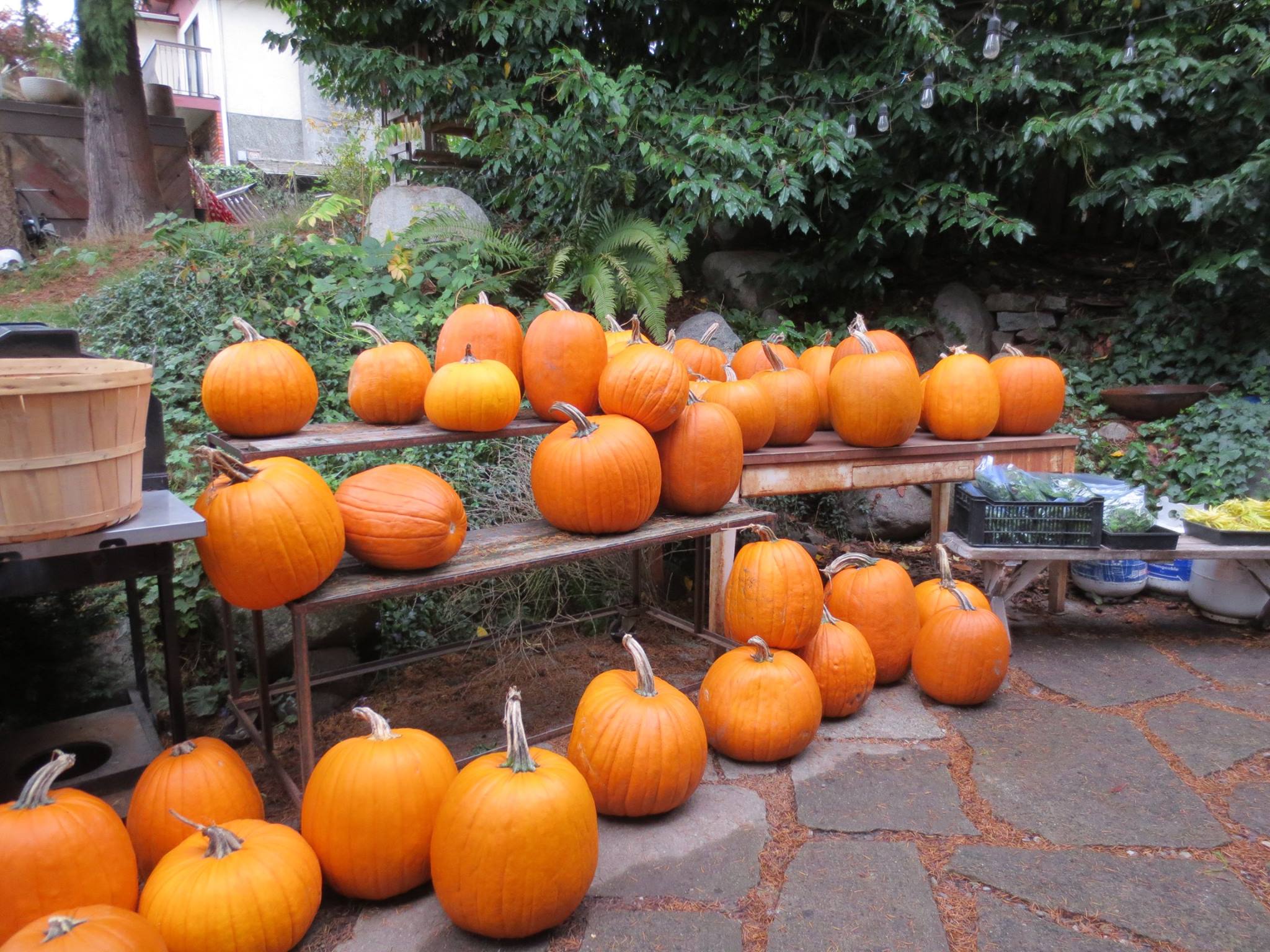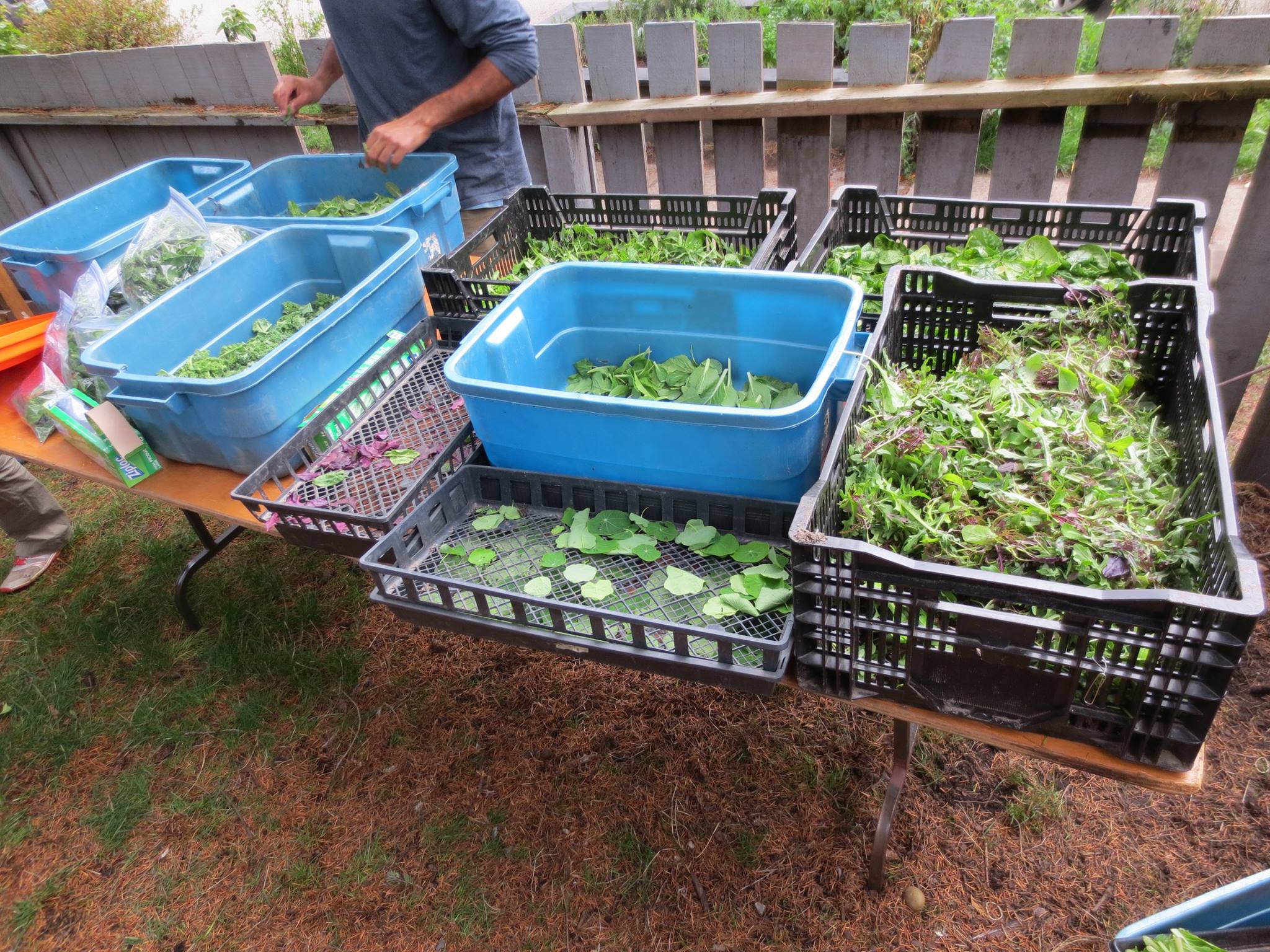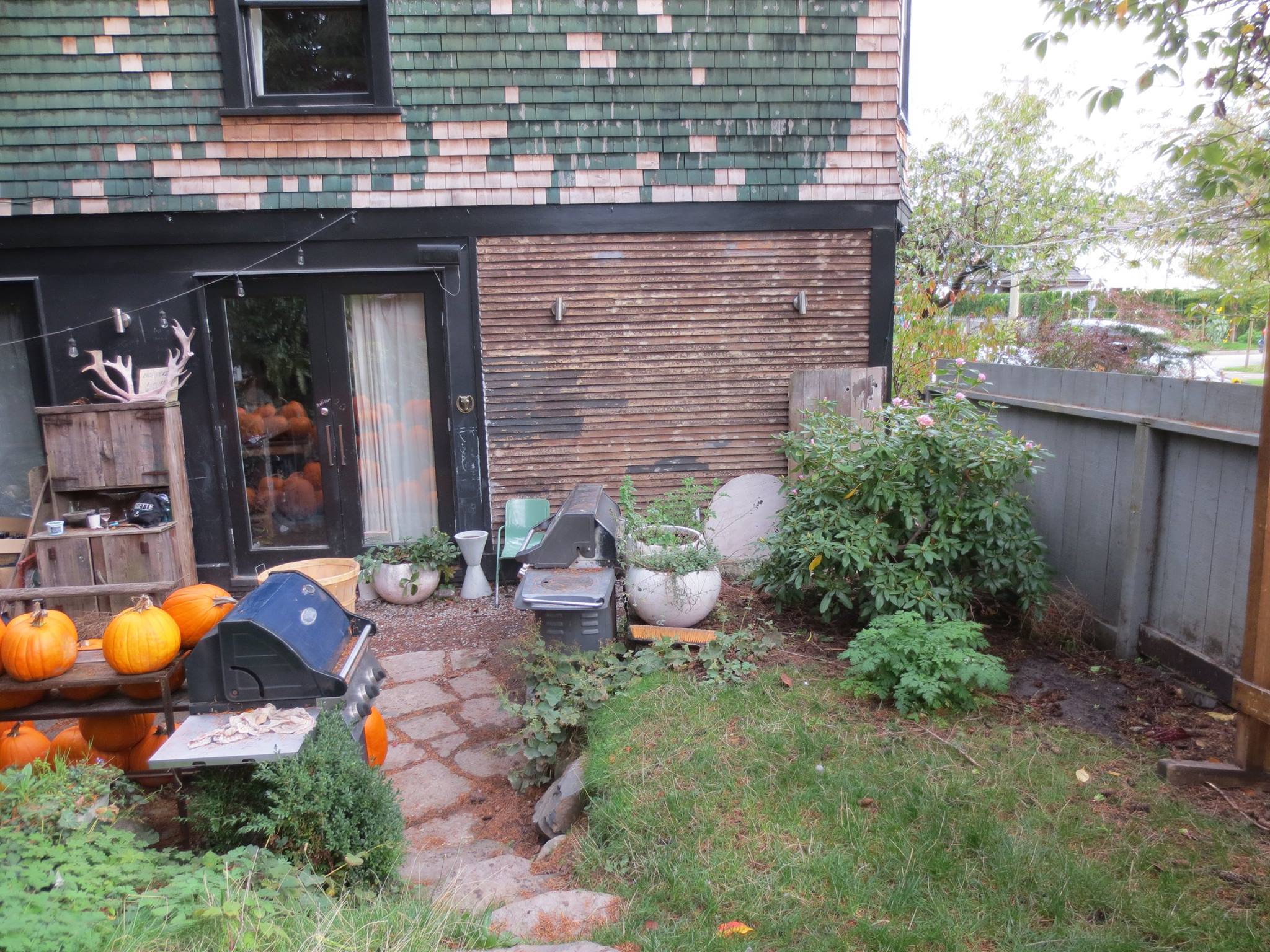What?
We have been extremely successful in staying on top of the workload and punctual in meeting deadlines thus far. Our meeting with Camil helped us clarify the scope of our project while our proposal presentation feedback allowed us to expand on our methodologies. Having plenty of time to go over our presentation, we were able to tie in important gaps of knowledge as well as incorporate the personal significance this project holds for each of our group members for their future professions that can be affected by urban agriculture and food policy.
We also had a few of our group members go to the CSA drop off on Sunday. This was a huge step in being able to commence the project as we were able to start communications with people who are directly involved with the process of Inner City Farms (ICF).
So What?
Many of the themes from the podcasts can be integrated in to our project. Beginning with relating the importance of farms back to the people. The fish farms in Bali weren’t devised solely for the sake of protecting the environment or maintaining the coral reef. Jensi Sarten connected the reef to the local community that relies on the food provided by the reef. For our project, we already have plans to connect the farm providing the food to the people that the food would or could be provided. Taking the idea of connecting from Jensi Sarten, we can go the opposite direction and connect the food from the people to a larger scope and identify what the farm can mean ecologically as well as economically. Then we can apply those concepts to the people living in the areas in which the urban farms are situated.
We will go out the urban farms looking to bridge the gap of communication between ICF, the many shareholders and the community members. Like Lindiwe Majele Sibanda, we are all representing something larger than ourselves as individuals but how can we talk to people about ICF if we don’t know what it is and haven’t experienced its full impact? This is why we had team members go to the CSA pick up; to interact and acquire knowledge and experiences from people who are working with ICF before talking to community members who would want to learn more. We wanted to be able to provide that knowledge as well as personal experiences.
Now What?
Our understandings of how we should interact with the community and ICF and what knowledge we can provide to community members has been developed through all the achievements and work we’ve encountered thus far. Yet, it is important to not forget the reason we are doing what we do. We need to remember the importance of our work and how it may affect food policy. In the “Pragmatic Idealist”, Sisonke Msimang learns to listen not just to the words but also the silences. In our case, the silences could be what people could be saying negatively as well as what people are afraid to say because we are affiliated with ICF. In order to maintain the integrity of the study knowing the significance of our work, we will need to reassure the people we talk to by obtaining consent and giving clear intentions as to what our questions will be asking. As for the analysis of our project, we will need to examine not only what the subject said but also take note of what the subject was hesitant to say and try to see if there is some other meaning to their responses. This could be one of the first but most definitely is not one of the last time that data will gathered in this manner for ICF, therefore we will have to set a positive precedent for future collaboration within the community.


